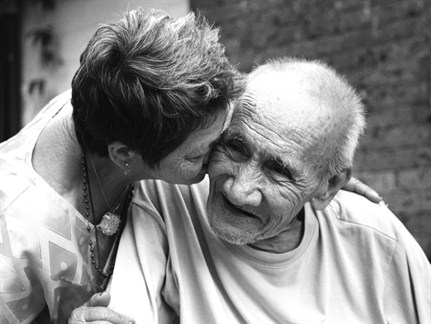
Older adults can struggle to get back to their normal selves after a health crisis, mainly because their bodies have trouble adapting quickly to all the changes. Being in and out of the hospital creates stress and exhaustion, so it’s important to take extra care of yourself after a health crises. Often this entails asking others for help or giving yourself extra time to do daily activities.
Here are a few tips for how to bounce back faster after a health crisis:
-
Get plenty of sleep. Rest is an imperative piece of getting your body back to a normal state after a health crisis. If you are feeling tired, then take a nap or head to bed early.
-
Don’t go to the doctor alone. When going to your follow up doctor appointments, bring along a friend or family member to ensure all the information is understood. This will help you follow specific instructions and also have support during a potentially stressful appointment.
-
Drink lots of fluids. Dehydration can occur when taking new medications, so make sure you are drinking plenty of fluids to keep your body running smoothly. The suggested amount is eight glasses of water per day.
-
Keep your mind active. Cognitive function can decline post-surgery, so it’s important for older adults to keep their minds active. Reading or playing brain games will help keep your mind sharp.
-
Listen to your body. This one is really important. Only you know how your body is truly feeling and what it’s telling you. If you are in pain, get to the doctor or ask for help. It is better to be overly cautious immediately following a health crisis. Don’t push the limits, as it may result in relapse.
The most important thing to remember after a health crisis is that you are working towards recovering back to your normal self. Keep that in mind as you re-introduce exercise, diet and routine activities. By following a schedule you’ll be sure to bounce back properly.

